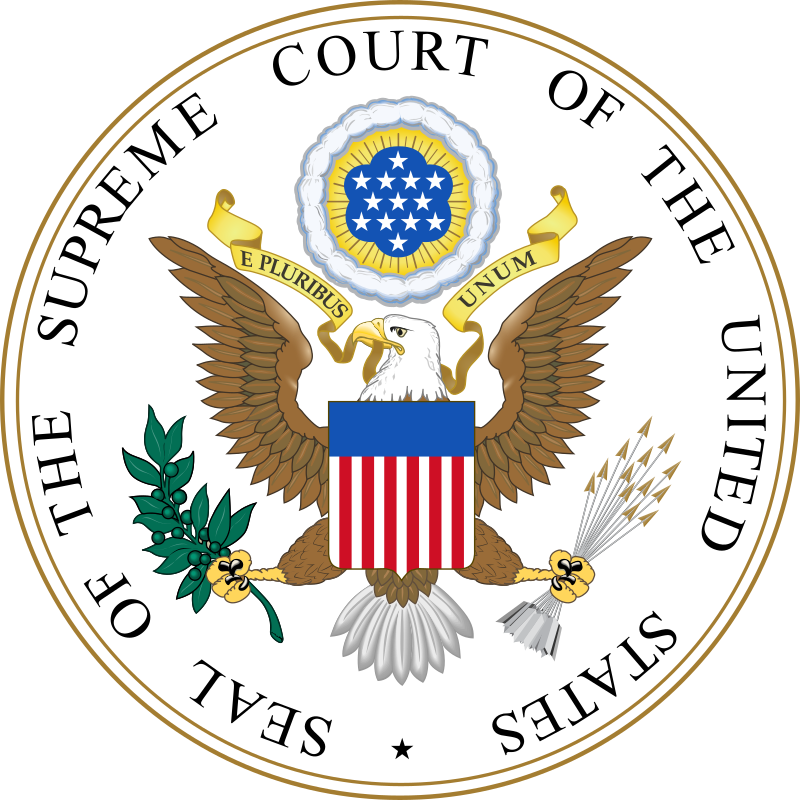The Fuller Court (US Supreme Court during the tenure of Melville Fuller) was pretty known for its interventionist stance against socially progressive economic policy. It started the so-called Lochner era, a period of extreme liberal (in the classical sense) interpretation of the Constitution, where the Supreme Court essentially used "substantive due process" as an excuse to dictate economic policy to the political organs of the state by striking down worker protection laws.
This didn't end until Franklin Roosevelt, arguably the only social democrat elected as president, threatened to pack the court through the Judicial Procedures Reform Bill 1937. The Supreme Court backed off in the case West Coast Hotel Co. v. Parrish, which upheld a minimum wage law in Washington.

